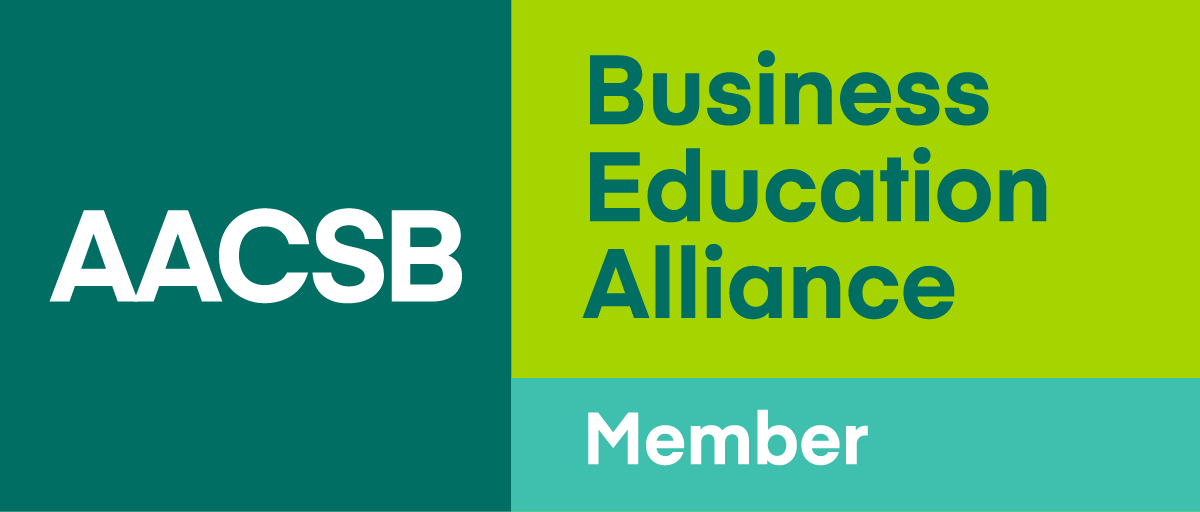[ACT Program] Nine Months Across Three Continents: ACT Global Business Program Cultivates Future Business Leaders with Global Mindsets
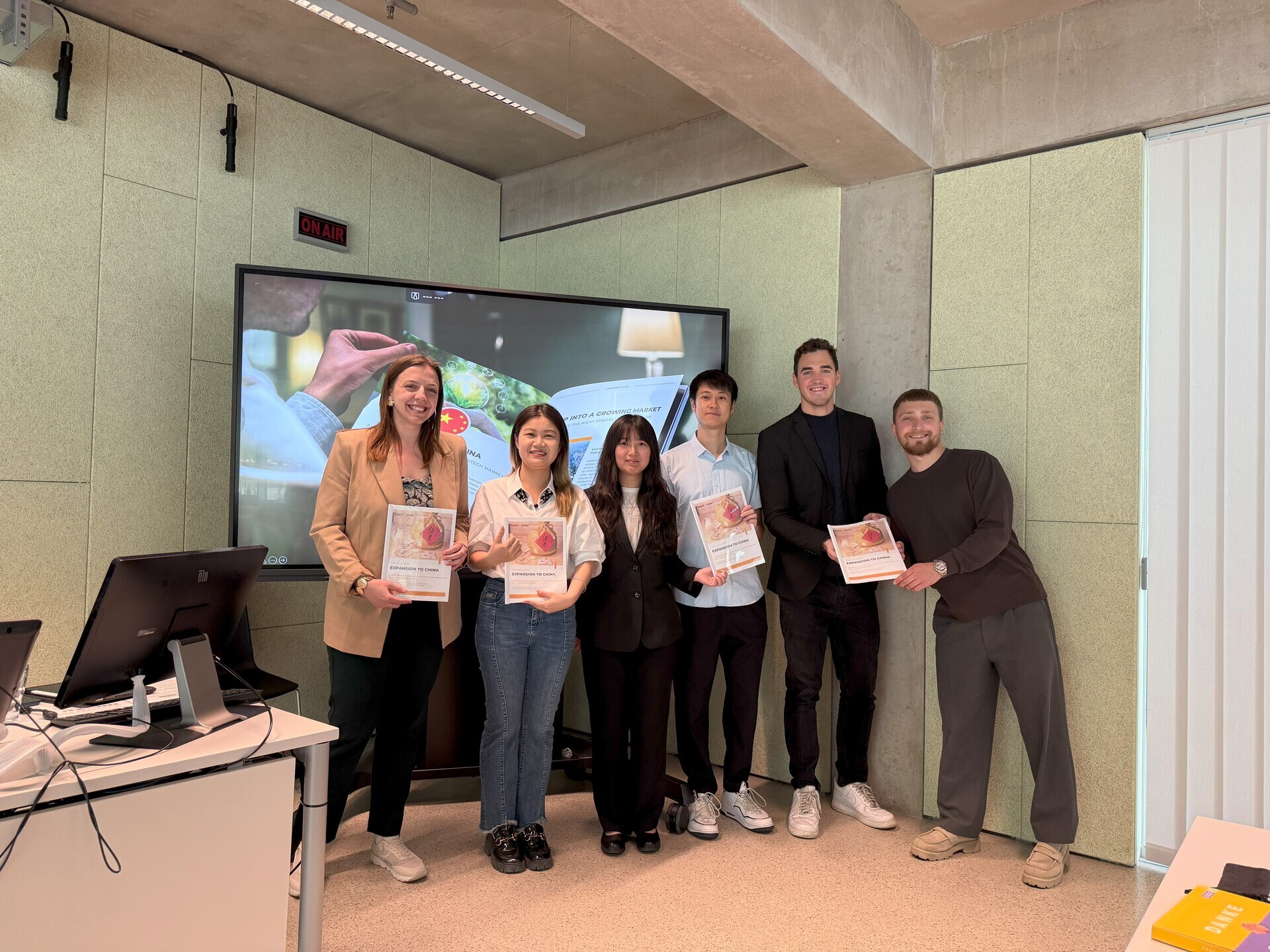
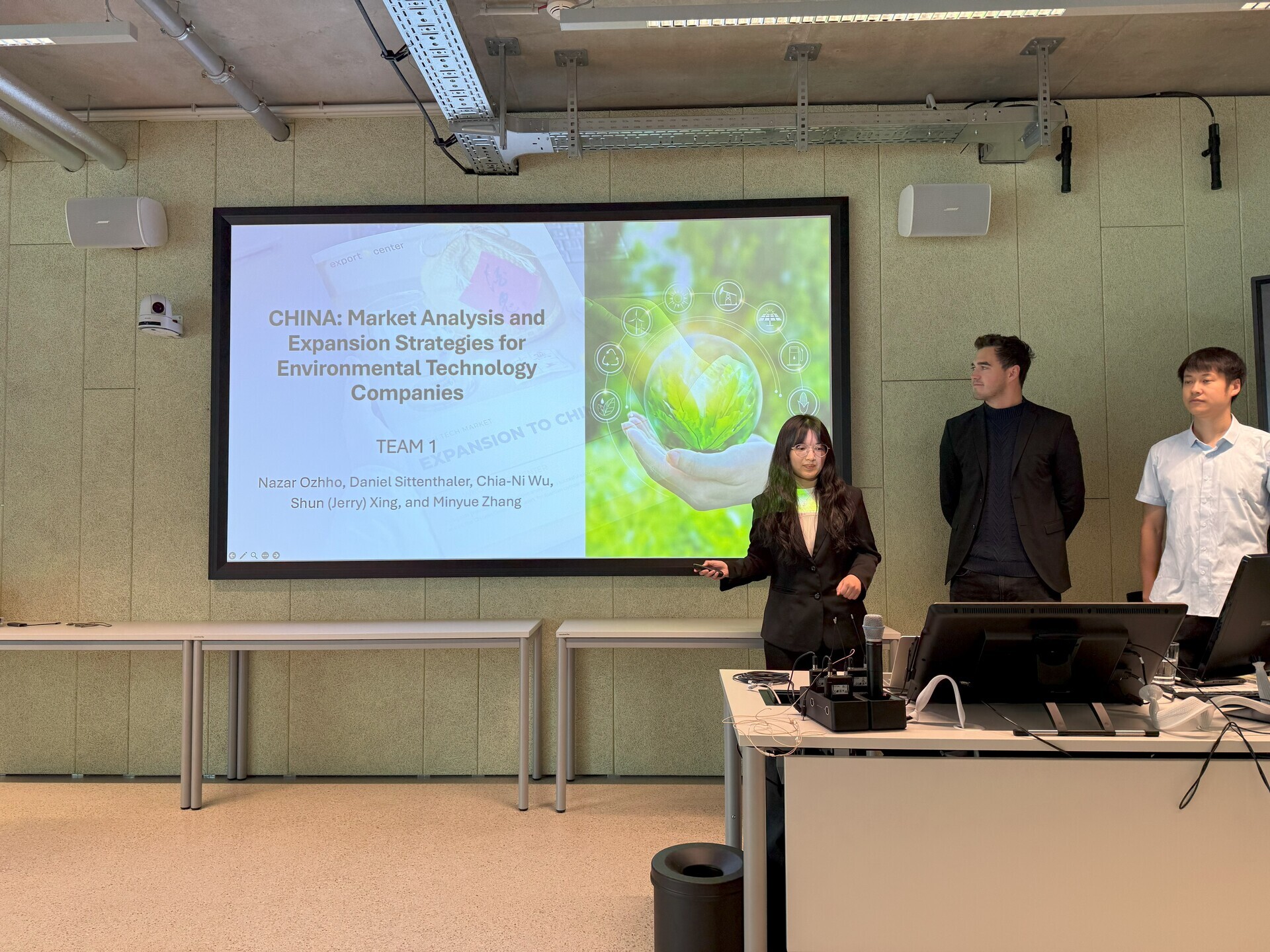
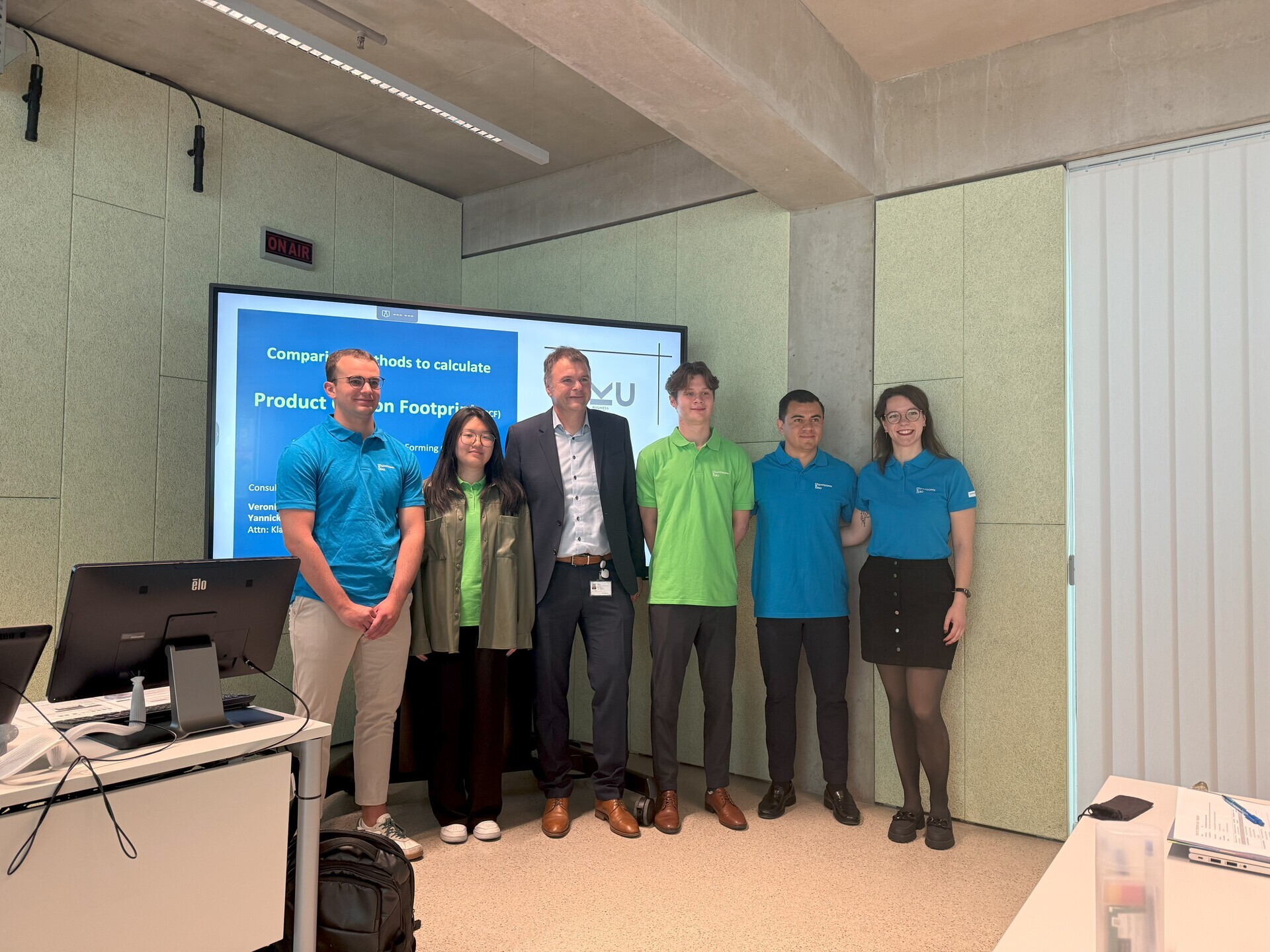
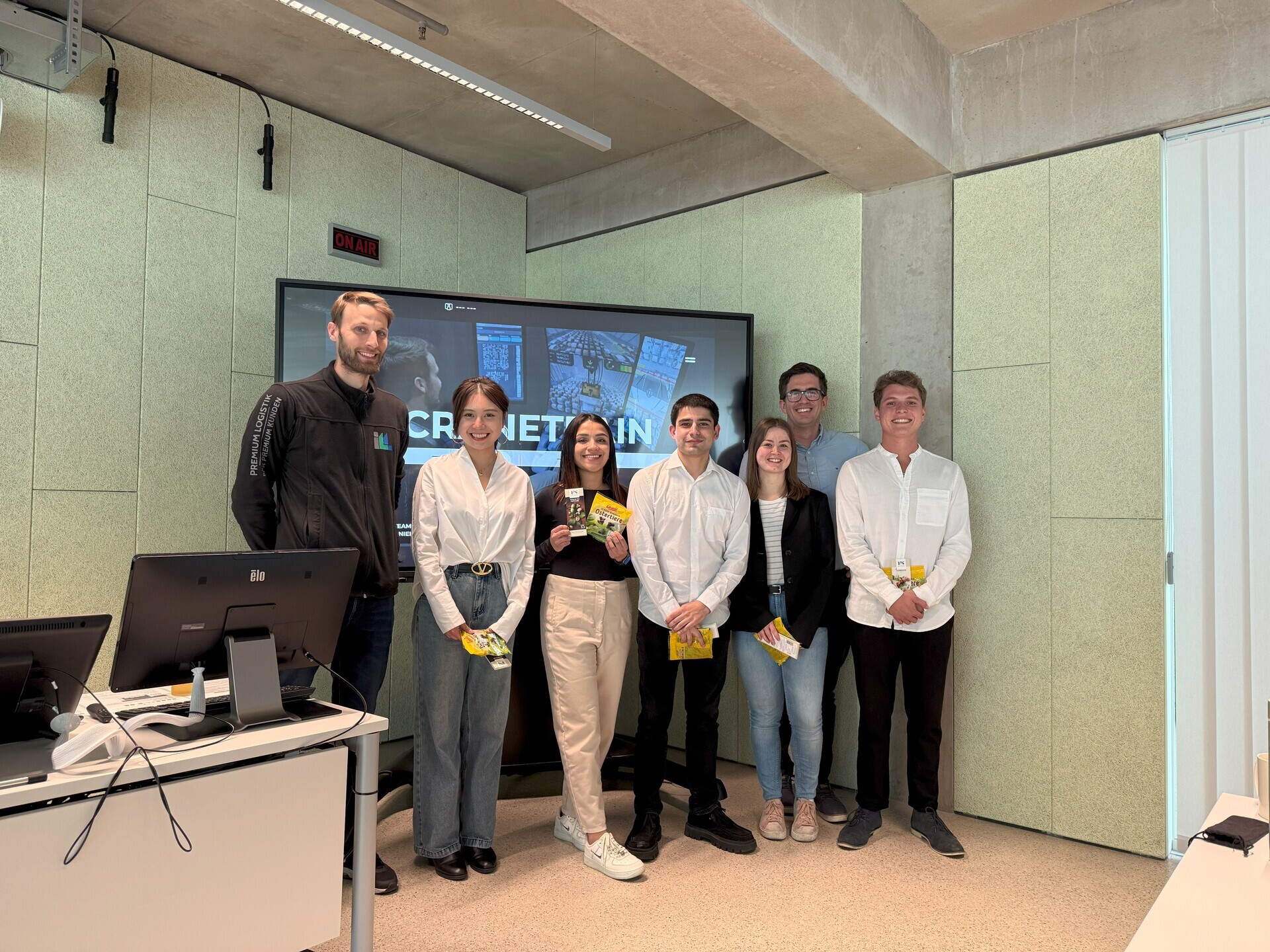
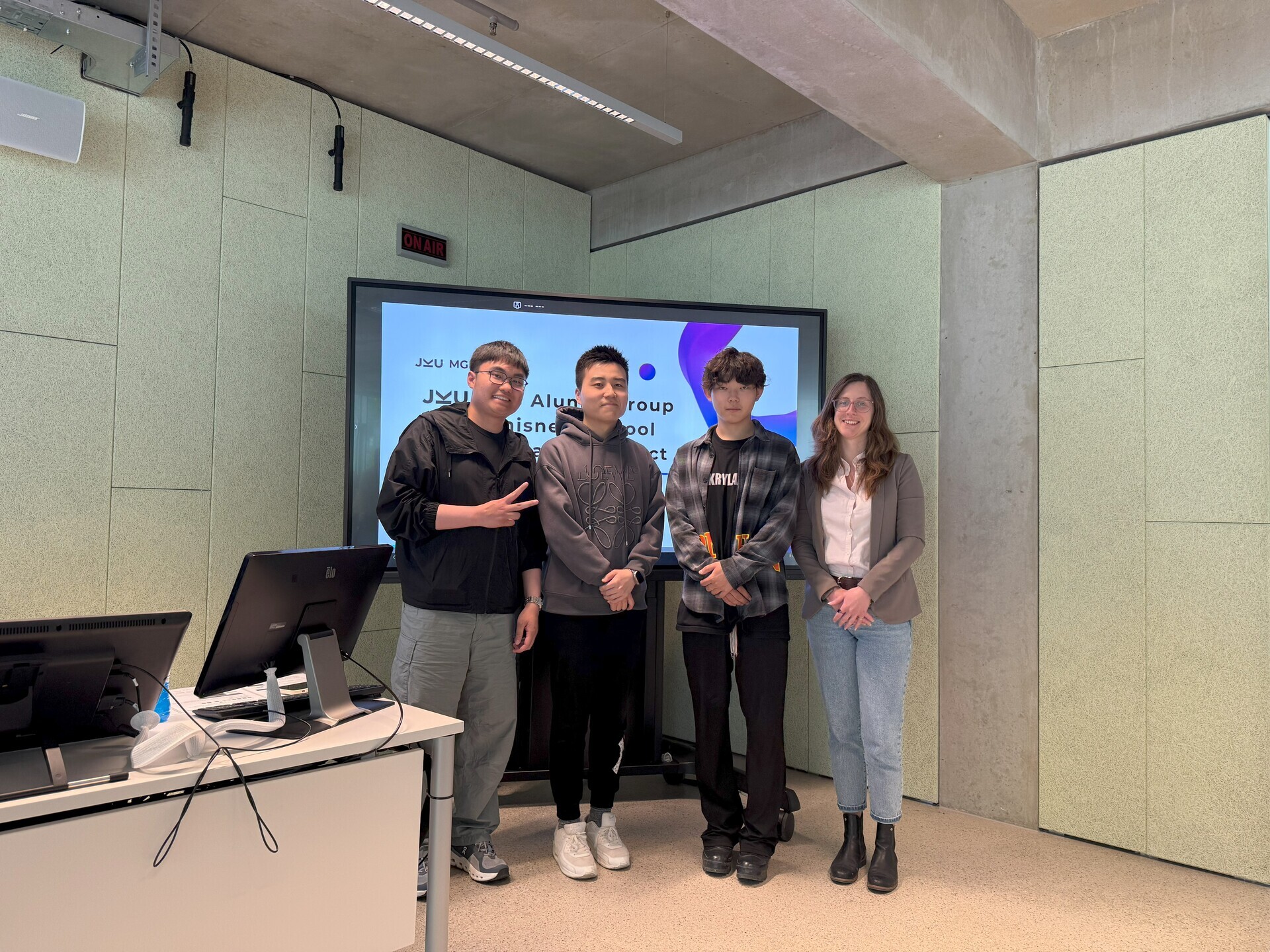
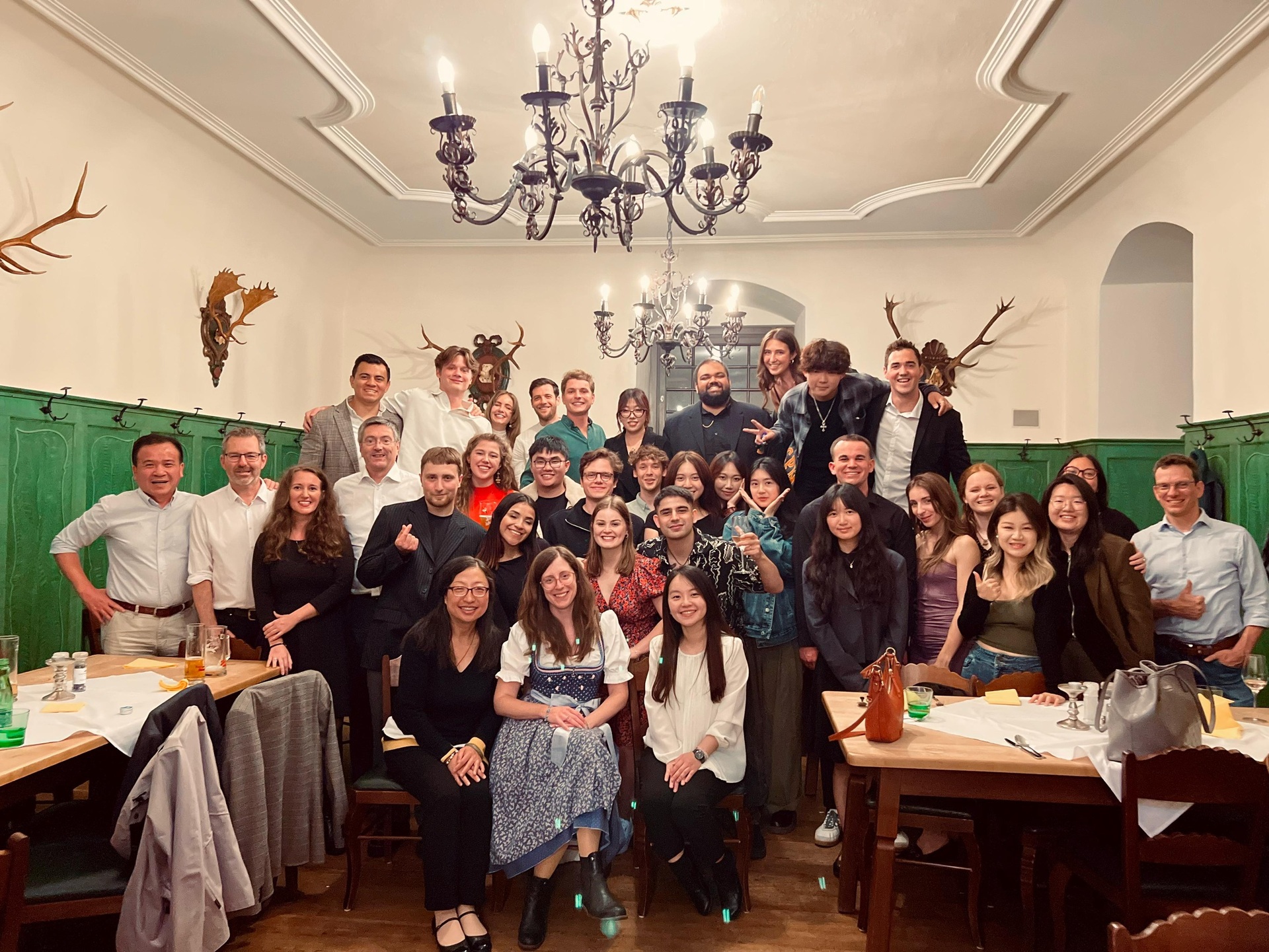
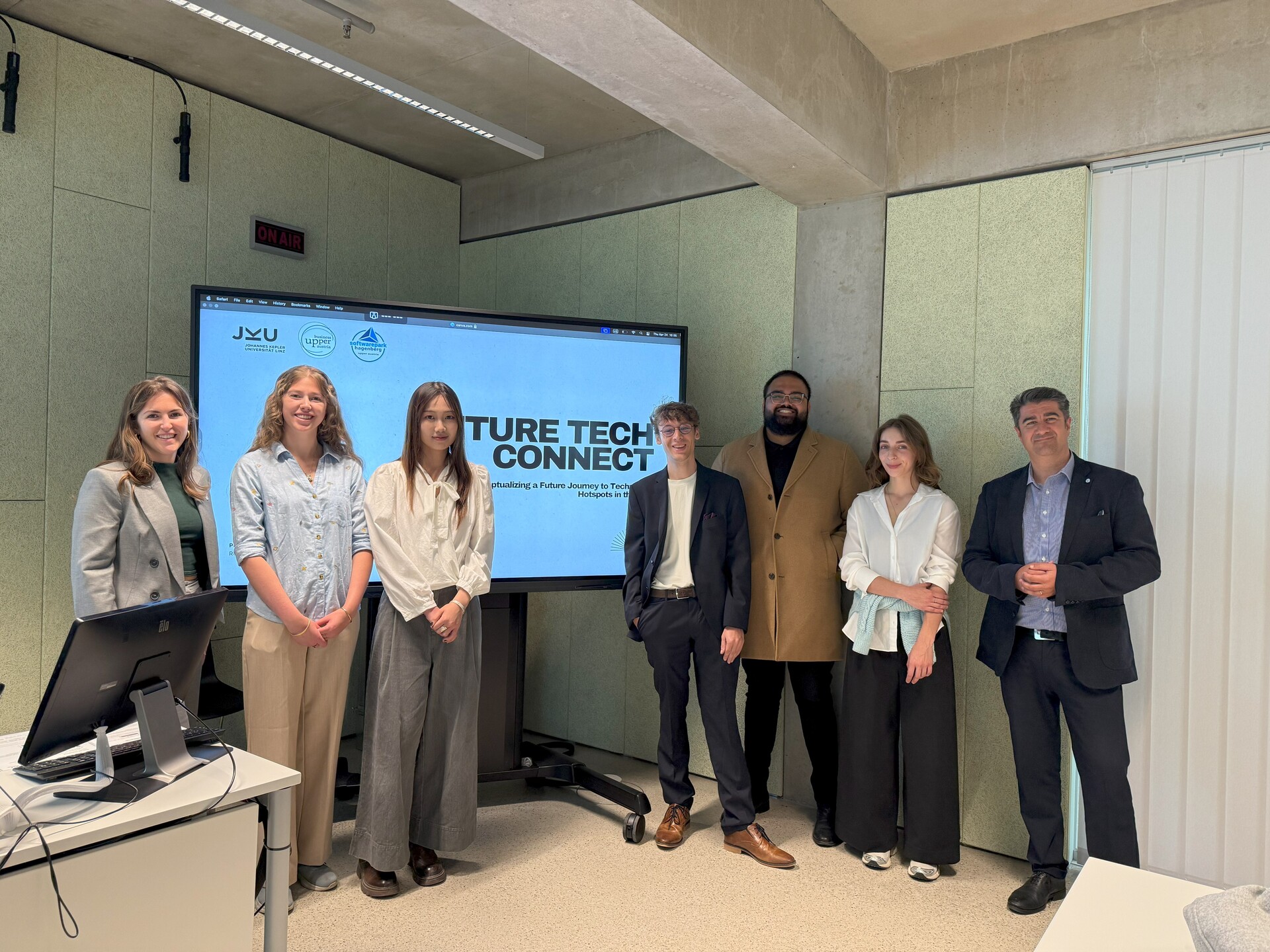
Group photo of ACT Program students
What kind of program truly equips students with practical skills to tackle global challenges? The 2024–2025 ACT Global Business Program, a flagship international initiative jointly offered by National Sun Yat-sen University (NSYSU), the University of Victoria (UVic) in Canada, and Johannes Kepler University Linz (JKU) in Austria, has successfully concluded its final module in Linz, Austria.
This year, the program welcomed 28 students from over 10 countries—including Taiwan, Canada, Austria, Germany, Brazil, Mexico, Ukraine, India, Guatemala, and Vietnam—who completed intensive coursework and corporate consulting projects across three countries in just nine months.
The ACT Global Business Program is a unique transnational business education program that blends academic knowledge with hands-on corporate consulting. Students work in multicultural teams to apply business theories to real-world challenges presented by global companies, developing practical insights and strategic recommendations.
During the final week of the program, six student consulting teams delivered comprehensive presentations to industry executives and faculty, showcasing their research and strategic proposals. Each team was tasked with solving real-time business issues and presented one-hour pitches that integrated theoretical knowledge, market analysis, and actionable solutions.
This year’s corporate partners included Austria’s Export Center under WKO, Softwarepark Hagenberg, automation company KEBA, tech consultancy Krawinkler Solutions, JKU’s MGB Alumni Association, and international steel and technology group Voestalpine. The projects covered diverse topics from global market strategy and carbon footprint tracking to alumni engagement and simulation training.
KEBA Group: Future Scenarios for Global Automation under Shifting Trade Policies
One team investigated value creation trends in the industrial automation sector across Europe, North America, and Asia, analyzing how U.S. trade policies and geopolitical tensions might reshape global consumer behavior and supply chains. Their future-scenario analysis, backed by expert interviews and media analysis, offered three strategic paths forward for KEBA.
“Future Tech Connect”: Reimagining International Expansion for Austrian SMEs
Another team re-evaluated a business delegation plan originally focused on Silicon Valley. Based on research and interviews, the students recommended pivoting to European tech hubs such as Dublin, Munich, Amsterdam, and Paris—citing regulatory stability, lower costs, and reduced cultural barriers. Their “Eurotrip” strategy offered a more sustainable and collaborative approach for SMEs seeking global innovation networks.
Export Center: A Strategic Guide for Entering China’s Green Tech Market
This group produced a market entry guide for Austrian green tech firms aiming to tap into China’s sustainability transition. The report addressed policy alignment, market opportunities, and localization strategies, including regulatory compliance, IP protection, and partner selection. Interviews and case studies provided a practical roadmap for Asia market entry.
Voestalpine: Carbon Footprint Methodologies and Strategic Implications
Focusing on sustainability, one team compared key carbon footprint frameworks such as ISO 14067, PEF, and the GHG Protocol. Their report offered guidance on which methods best suit specific business needs. They also assessed chain-of-custody models in supply chain traceability, offering insights on balancing transparency, flexibility, and cost-effectiveness.
CraneTrain Project by Krawinkler Solutions: Enhancing Operator Training Through Simulation
This team explored digital simulation training for crane operators amid labor shortages and workplace risks. Comparing platforms like Da Vinci, LSYM, and CM Labs, they evaluated immersive experiences, haptic feedback, and coaching interfaces. Their proposals included enhancing data analytics and remote collaboration features.
JKU Alumni: Strengthening Engagement and Sustainable Sponsorship Models
One team reviewed JKU's alumni engagement and proposed a one-year strategy inspired by Asian public university practices. Key suggestions included expanding digital interaction, corporate partnerships, and redesigning community connection strategies for long-term sustainability.
Prof. Timo Eccarius, Director of the Office of International Relations and Accreditation at the College of Management, NSYSU, emphasized the transformative nature of the ACT Global Business Program. “This is more than a business curriculum—it's a life-changing journey across continents. Students sharpened their intercultural understanding, strategic thinking, and problem-solving skills through real-world experience and global teamwork,” he said.
As the students completed their journey in Linz, they reflected not only on their academic accomplishments but also on the personal growth and lifelong international connections they forged. With this global journey now complete, these future business leaders are better equipped to thrive on the world stage.
Prospective students interested in developing global business acumen and cross-cultural collaboration skills are encouraged to explore the ACT Global Business Program.
(Contributed by Chia-Ni Wu, IBMBA / Edited by College of Management Media Team)


